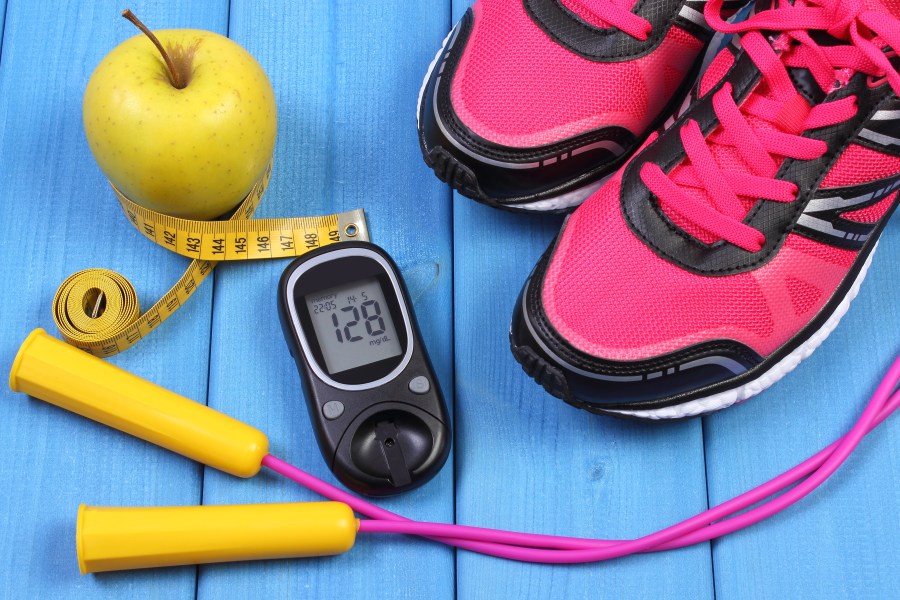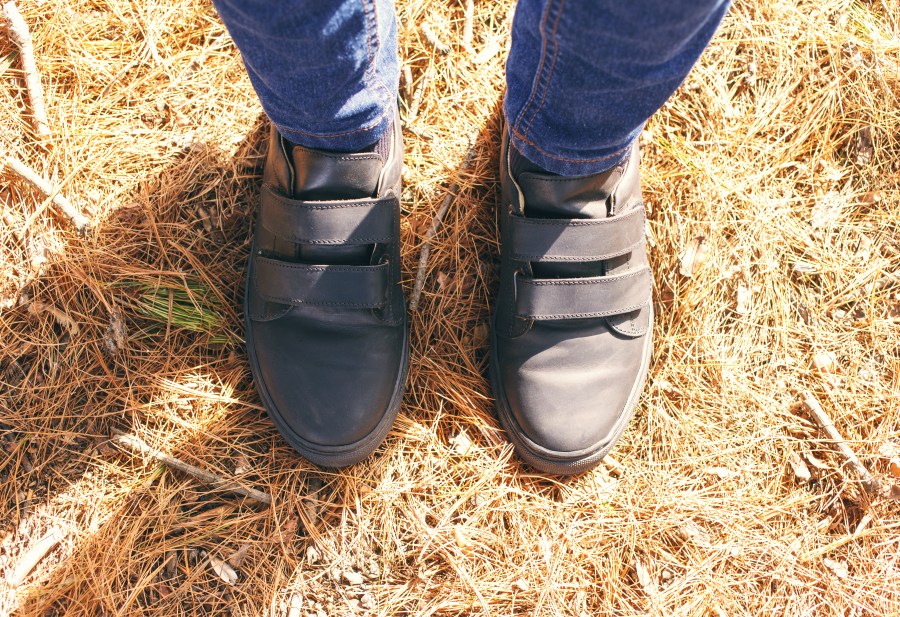What Size Womens Sock for Shoe Size 11

Why do I need to wear specific shoes if I have diabetes?
A small blister or cut from wearing regular shoes can lead to worst problems and may require amputation. Diabetes patients can have nerve damage and become unaware of injury because they don't feel any pain when they step on things such as broken glass or nails. The patients also have poor blood circulation, which prolongs healing for even small cuts. Always protect your feet from possible injury by wearing socks, slippers, or the right shoes.
Brands that sell diabetic shoes are CrocsRx, P.W. Minor, Drew, or Easy Spirit. The styles include soft stretchable leather, which helps your feet breathe better and deeper, rounder, bigger toe boxes. Other acceptable materials for good air circulation are shoes made from suede or canvas.

Pointed shoe tips cramp the toes and may cause injury. Many people complain how unattractive the diabetic shoes are, but it prevents serious long-term foot problems. Diabetic shoes give patients the appropriate support they need.
Tips
People with diabetes who are able to manage their blood sugar well and have healthy feet can wear regular shoes, even high heels (for a short amount of time). The person must always inspect their feet for any changes such as swelling, redness, ingrown toenails, blisters, and cuts and pass the news on to the doctor. Pick and break into shoes with care to avoid injury.

Those with foot abnormalities, poor blood flow, or who are unable to recognize injuries are highly recommended to buy diabetic shoes, jogging shoes, or walking shoes instead of regular shoes. Avoid flip flops, narrow shoes, open-toe shoes, and rigid-leather style shoes. These shoes put your feet at higher risk for cuts, wounds, and other serious damages.
Get the correct foot measurements at a shoe store. Try on new shoes with your socks at the end of the day because feet get swollen after standing and walking all day. Choose comfortable shoes that are big enough for a potential insert and thicker fabric socks, have easily adjustable laces and velcro in the event of swelling, and a cushioned sole for better shock absorption. The space between your longest toe and the shoe's tip should be half the size of your thumb's width.
Wear the shoes for a couple hours each day to break them in at first. If you notice any irregularities even as little as redness on your feet after trying the shoes, don't wear them again. Find new shoes that are more comfortable and won't negatively affect your feet. After trying the shoes for a few hours in the beginning, build up to 3-5 hours, and later 6+ hours if needed. Make sure your shoes remain in good shape. When the heel or inner lining begins to break down, the shoes need to be replaced.
Prescription Footwear
Therapeutic or protective shoes and inserts are prescribed by a podiatrist if the chronic condition gets worse. Custom-fit made shoes may be necessary if foot abnormalities are severe. The podiatrist will examine your feet and ankles to get the correct shoe shape and size. An orthopedic surgeon, orthotist, podiatrist, or pedorthist will help ensure you have the right fitting after. Some of the medical shoes are designed to help alleviate the pressure points that can cause ulcers and other foot concerns.
Medicare and other health insurance companies cover these shoes. Speak to your doctor and health insurance company for more information about what exactly will be covered. Prescription footwear must be worn continuously. Stay away from wearing regular shoes no matter how tempted you are. Medical footwear is essential to protect you from critical injuries.
MORE FROM SMARTER.COM
What Size Womens Sock for Shoe Size 11
Source: https://www.smarter.com/article/important-tips-on-how-to-find-the-best-shoes-for-diabetes?utm_content=params%3Ao%3D740011%26ad%3DdirN%26qo%3DserpIndex
0 Response to "What Size Womens Sock for Shoe Size 11"
Postar um comentário